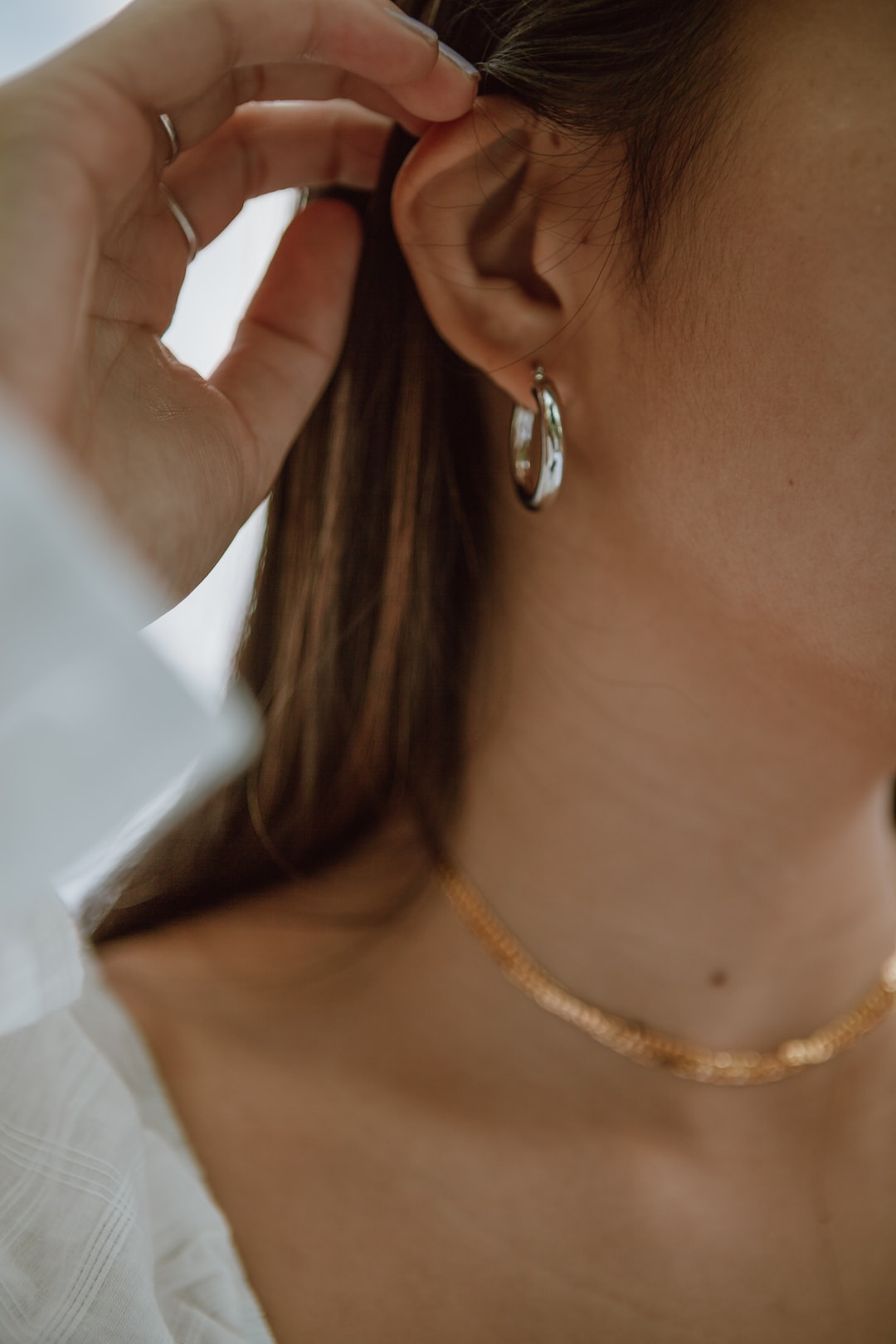Fashion Psychology: How Clothes Impact Our Mood and Confidence
Fashion is not just about following trends or looking good; it has a profound impact on our mood and confidence. We have all experienced the power of clothing and how it can make us feel different emotions or affect our self-perception. This is where fashion psychology comes into play – the study of how clothing choices can influence our psychological well-being. In this blog post, we will delve into the fascinating world of fashion psychology and understand how clothes can impact our mood and confidence.
Firstly, it’s important to recognize that clothing choices are deeply personal and reflect our individuality and self-expression. What we choose to wear can be seen as an extension of our personality, and it acts as a non-verbal form of communication. When we select an outfit, we are making a statement about ourselves to the world. This self-expression through clothing can boost our self-esteem and positively impact our mood. When we wear something that aligns with our values, interests, or beliefs, we feel more confident and comfortable in our own skin.
Not only does clothing reflect our identity, but it can also evoke specific emotions. Researchers have found that the clothes we wear can significantly influence our emotional state. For example, studies have shown that wearing bright colors can enhance positive emotions such as happiness and excitement. On the other hand, wearing black or dark colors can induce feelings of sadness or melancholy. These findings demonstrate that our clothing choices have the power to alter our mood and emotions.
Moreover, the concept of “enclothed cognition” suggests that what we wear can influence our cognitive processes. The term was coined by psychologists Adam Hajo and Adam D. Galinsky in their 2012 study. They found that the symbolic meaning of clothing can affect our psychological processes. When we wear clothes that are associated with competence and professionalism, it can improve our cognitive abilities, attention, and performance in tasks that require concentration. The study also revealed that participants who wore a lab coat, associated with a doctor’s expertise, performed better on attention-related tasks compared to those who didn’t wear it. This highlights how clothing can shape our mindset and boost our confidence in different situations.
The impact of clothing on our mood and confidence is not limited to just the clothes we wear; it also extends to how we perceive ourselves. The phenomenon known as the “self-perception theory” suggests that we infer our attitudes, feelings, and values from our behavior. By dressing in a particular way, we influence our own self-perception. For example, when we dress in athletic wear, we may feel more motivated to engage in physical activities, as it aligns with our perception of being an active and fit individual. Similarly, wearing formal attire can make us feel more capable and professional, thus boosting our confidence in professional settings.
In addition to affecting our mood and self-perception, clothing choices also have an impact on how others perceive and treat us. This is known as the “halo effect,” where people make judgments about others based on their appearance. When we dress well and present ourselves in a polished manner, we are more likely to be perceived as competent, trustworthy, and successful. This positive perception, in turn, affects our interactions with others and can enhance our overall confidence and self-esteem.
In conclusion, fashion psychology emphasizes the profound impact that clothing choices can have on our mood and confidence. Our clothing is an expression of our identity and can evoke emotions in ourselves and others. The concept of enclothed cognition further highlights how clothing shapes our mindset and influences our cognitive processes. Moreover, clothing choices affect our self-perception and how others perceive and treat us. By understanding the power of fashion psychology, we can make thoughtful clothing choices that positively impact our well-being and boost our confidence. So, the next time you get dressed, remember that it’s not just about looking good, but also about feeling good on the inside.

